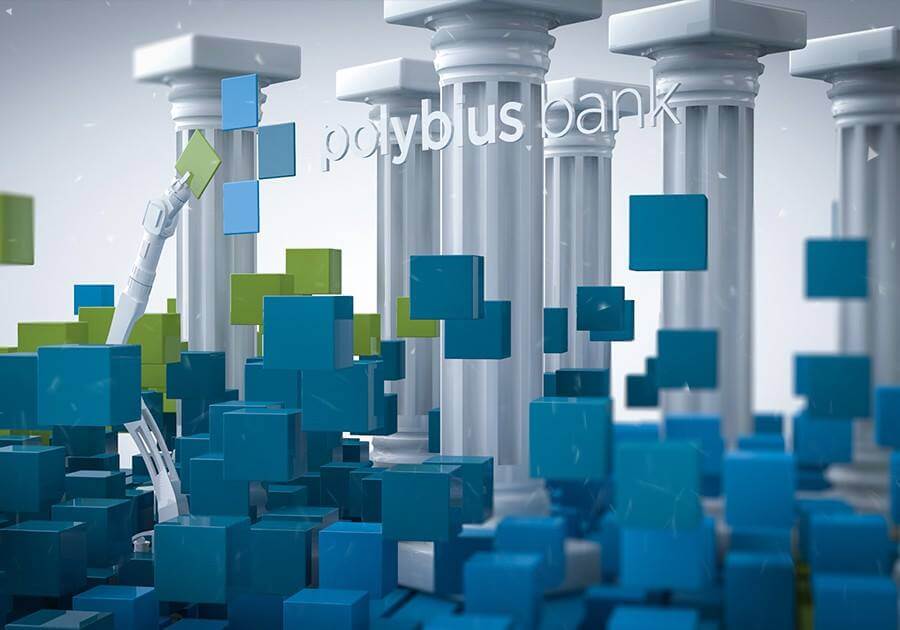
Polybius Foundation, a financial services company established this year and registered in Estonia, is building a fully digital bank for businesses and individuals and the “first bank in the world to specialize in financial services for cryptocurrency startups and blockchain projects.”
Polybius Bank, which intends to apply for a EU financial institution license, aims to be an online scalable financial infrastructure combining features of modern banking, the Internet-of-Things, Big Data and blockchain-based technologies.
The concept is similar to BABB App Ltd., a London-based startup that’s building a banking platform using Ethereum smart contracts. BABB as well seeks to leverage modern technologies such as biometrics, Big Data, and artificial intelligence, to provide banking and other financial services to individuals and small businesses.
Polybius Bank said it will offer a traditional selection of financial services such as deposits, credit financing and bank card issuance, but also services especially targeted at blockchain startups and projects such as credits secured by cryptocurrencies as well as the ability to create of investment portfolios based on cryptocurrencies.
Polybius Foundation, which signed a memorandum of understanding (MoU) with Ukrainian startup Attic Lab in April, will be using Attic’s OpenBankIT blockchain platform to provide payments.
Other startups involved in the digital bank’s foundation include CryptoPay, a cryptocurrency payments firm, HashCoins, a developer of blockchain solutions, and AmbiSafe, a developer of Ethereum smart contracts.
A bank for the digital era
According to Ivan Turygin, co-founder and chairman of Polybius Foundation, changing consumer behavior and the rise of fintech are fueling a new era in banking. Advanced technologies and mobile are enabling users to pay for purchases online conveniently and reliably, without third-party applications or entering unnecessary data.
“A phone contains all the tools for 100% guaranteed user identification: fingerprint, voice recognition, and facial recognition using the camera,” Turygin said.
Polybius Foundation has big dreams for its digital bank as it aims “to build the ultimate financial infrastructure, sort of a ‘financial Google.'”
“[It] will not only simplify and reduce the costs of finance management for the people, but will also become a vital part of all aspects of their daily life, while at the same time providing them maximum control over their data,” Turygin said.
Polybius Bank will integrate Digital Pass, a remote identification service and personal data storage that incorporates blockchain technology.
Developed by HashCoins, Digital Pass will serve as an “automation and digitalization ecosystem” enabling individuals and companies to access all sorts of services, from financial to industrial, using a unique Pass.
It seeks to become “the universal all-European counter digital ID” and a more efficient and versatile alternative to existing electronic identity cards.
Digital Pass will be a decentralized repository of users’ private information and personal data – from their credit history to their medical records – in the blockchain, accepted by state and commercial organizations as equivalent to classical ID. Users will be able to decide which pieces of data to show to whom.

